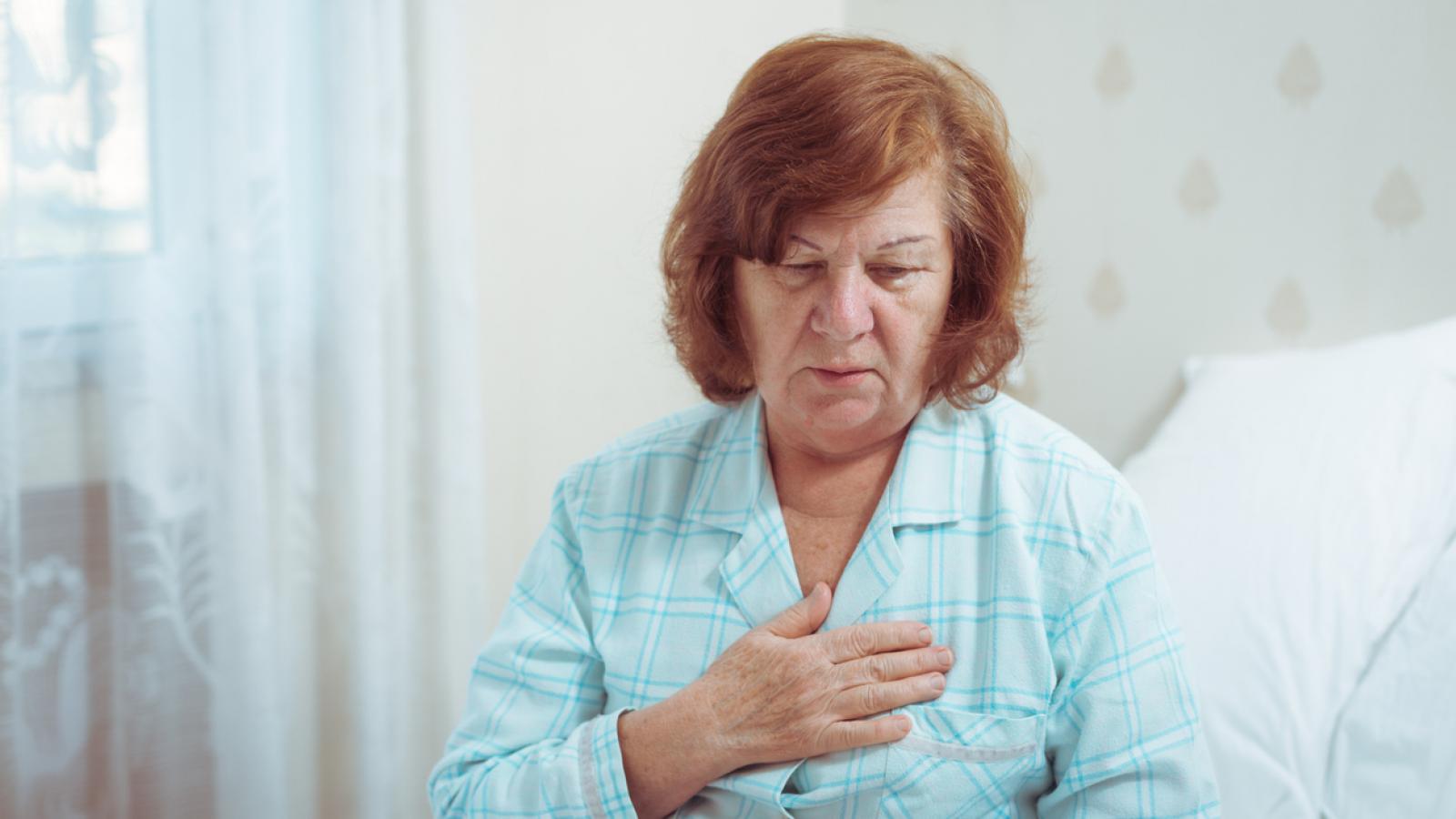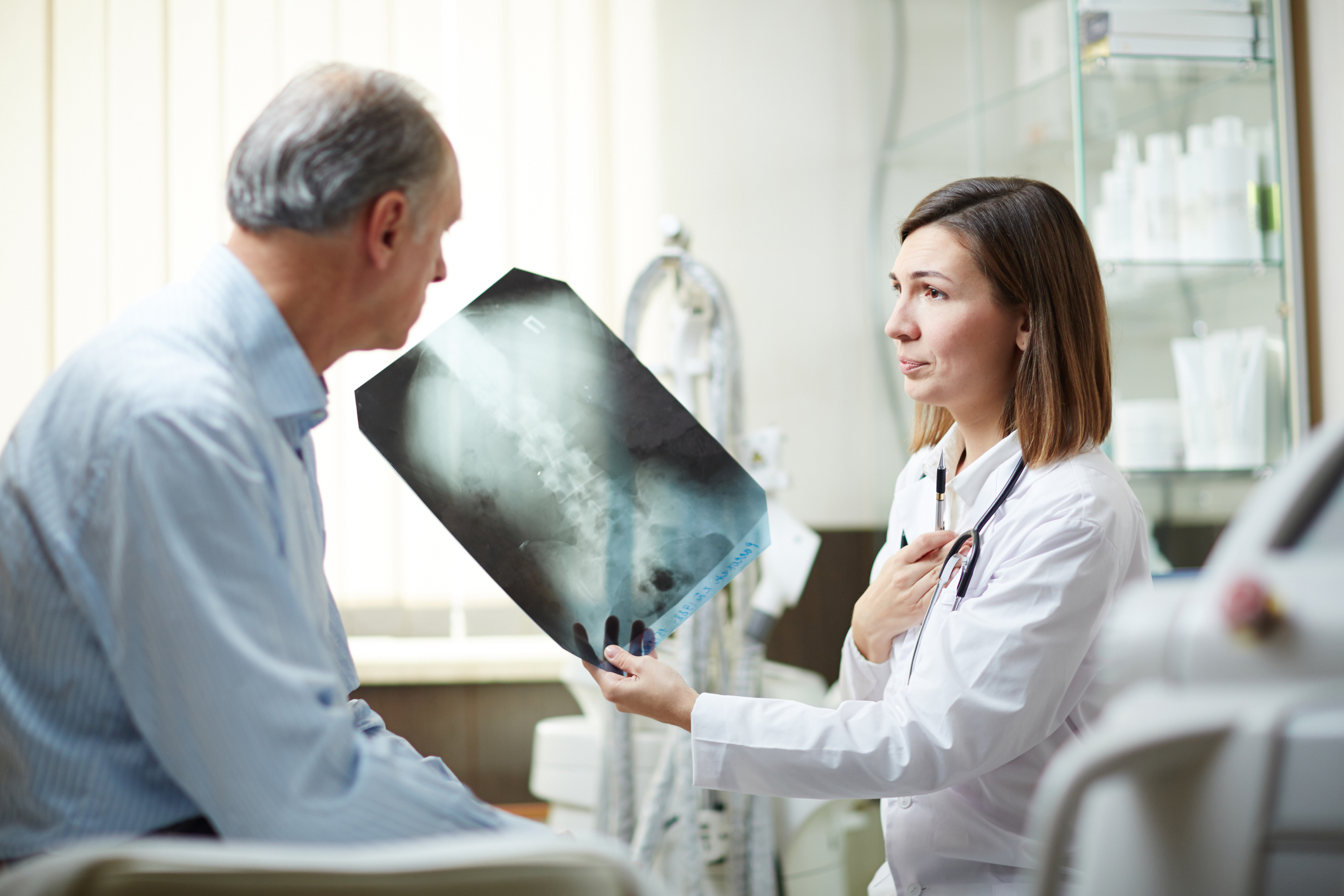Mediastinoscopy

The mediastinum is the area in the middle of your chest containing your heart, large blood vessels, your trachea (wind pipe) and oesophagus (food pipe).
A mediastinoscopy allows your surgeon to examine the area and the lymph nodes found there. This is to check if the cancer has spread.
Before the test
You will have to fast (not eat or drink) for a few hours before the general anaesthetic. You may also need to stop taking certain medications. The hospital team will tell you exactly what to do.
During the test
Your surgeon will first make a small cut at the base of your neck, just above your breastbone. Then a thin flexible tube is put in. The tube has a light and a camera so the surgeon can look for any abnormal areas. Samples (biopsies) of tissue can also be taken.
The cut will be closed up with stitches or paper strips. If you have stitches they will be removed at a follow-up appointment.
Will I have pain relief / anaesthetic?
You will have a general anaesthetic.
Does it hurt?
You will be asleep during the test so you won’t feel anything. Afterwards, you may have some pain in the chest area or your throat. If you have pain, let your team know and they may be able to prescribe you some medication.
How long does it take?
It usually takes about an hour.
After the test
You will stay in hospital until you have recovered from the anaesthetic. You may have a chest X-ray after your mediastinoscopy.
Any samples taken will be sent to a laboratory to be examined. You will need someone to drive you home after the test. Your medical team will advise you on what type of pain relief to take at home if you have any discomfort after the test. You may need to stay overnight in hospital.
Are there any risks / side-effects?
Possible risks include bleeding, infection, hoarse voice and collapsed lung. Ask your doctor about possible risks. They will tell you about any side-effects to watch out for and what to do if you have them. For example, signs of infection (high temperature, redness or swelling at the wound site), coughing up blood, difficulty breathing and chest pain.
For more information
Phone
1800 200 700



